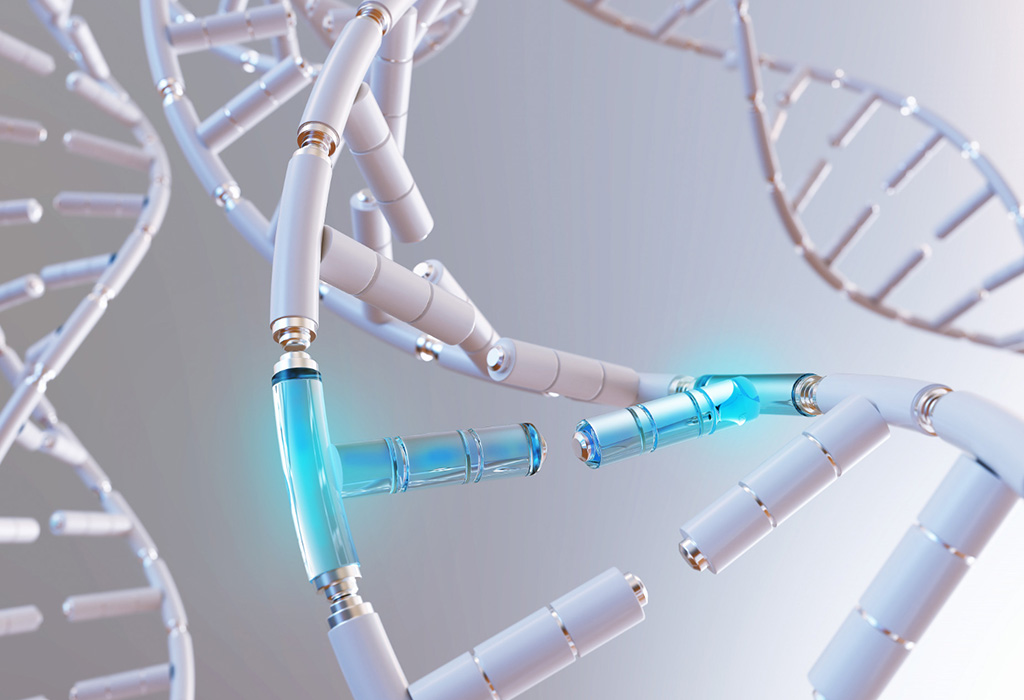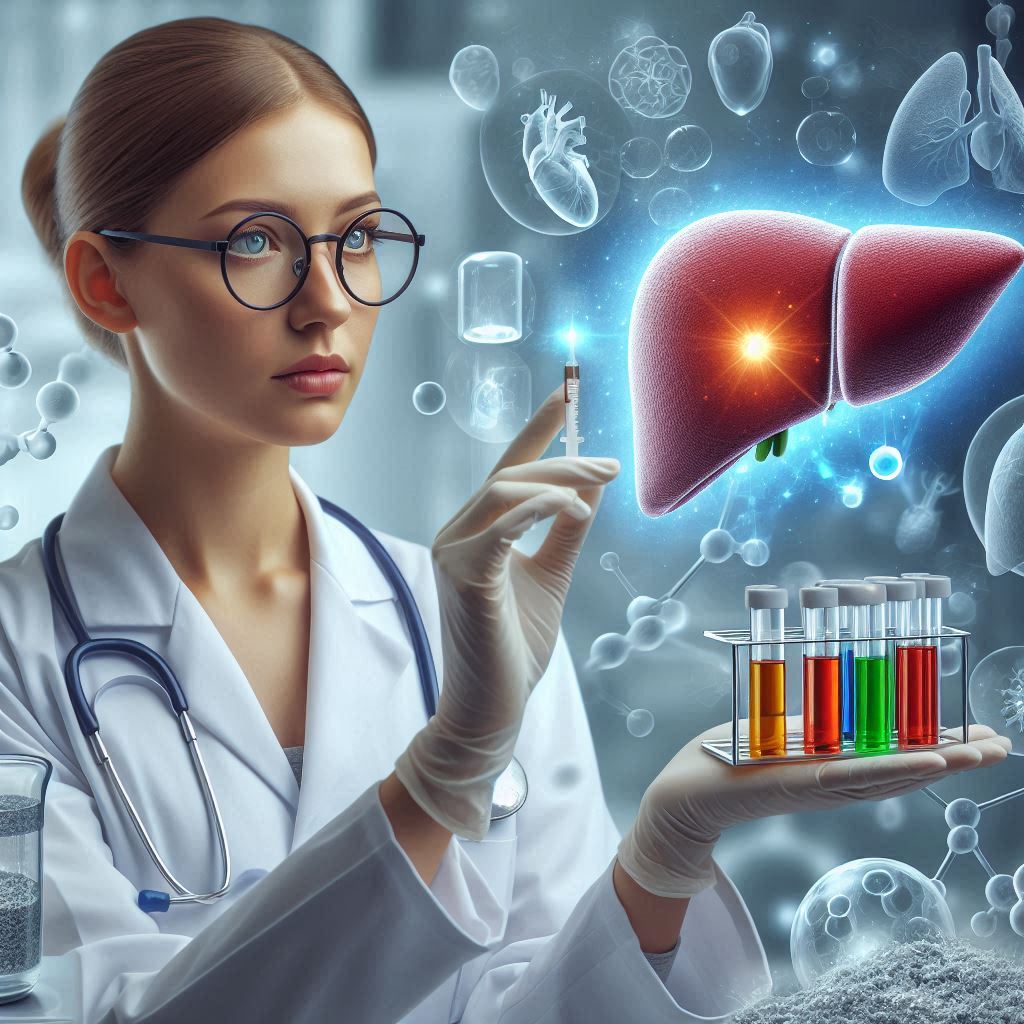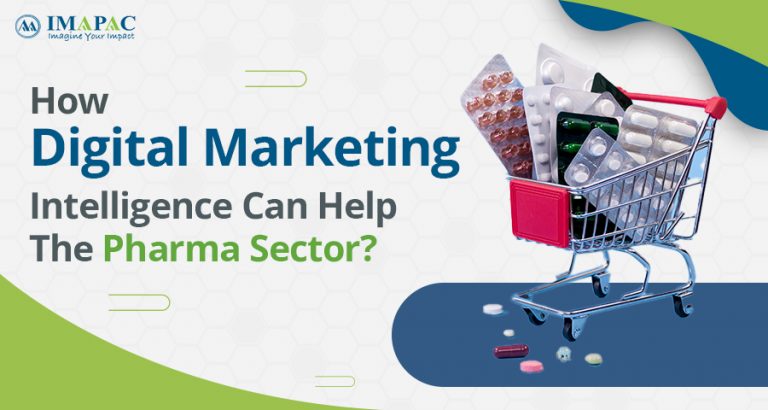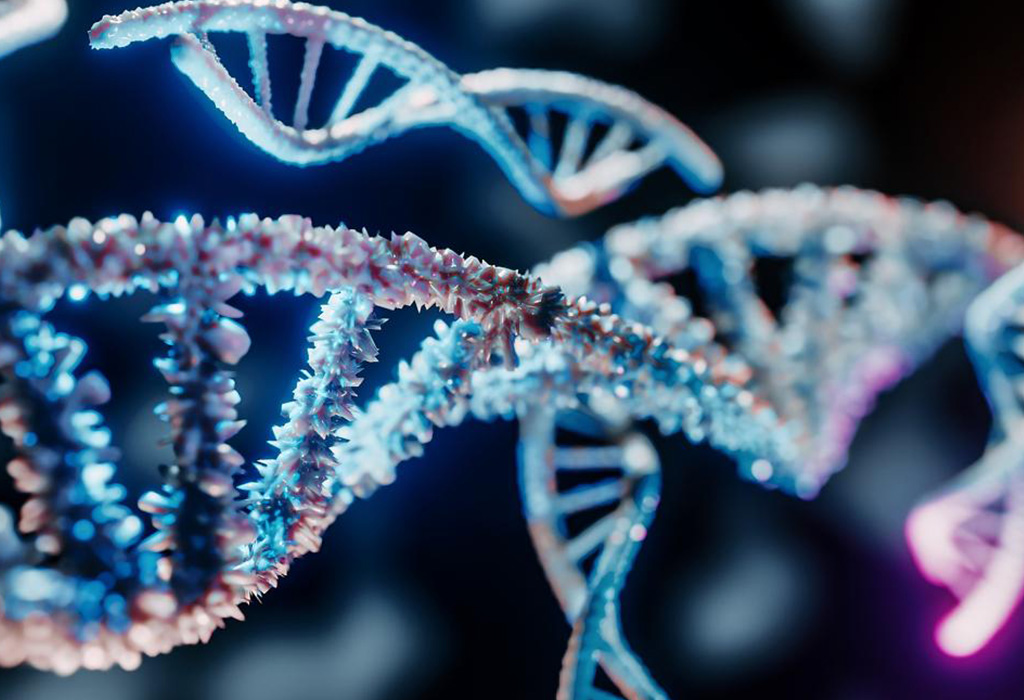The incorporation of artificial intelligence (AI) into pharmaceutical development is a revolutionary force offering unprecedented opportunities for enhanced efficiency and improved patient outcomes. AI’s impact is particularly notable in personalized medicine, a crucial component of Advanced Therapy Medicinal Products (ATMPs), such as cell and gene therapies. In this context, AI plays a pivotal role in customizing treatments based on individual patient characteristics. By analyzing patient data, including genetic information and medical history, AI algorithms predict individual responses to therapy, optimizing therapeutic effects while minimizing side effects. This personalized approach represents a significant departure from traditional one-size-fits-all solutions and has the potential to revolutionize patient outcomes.
In the realm of cell and gene therapies, AI expedites advancements and transforms various aspects of their development and application. AI algorithms contribute to the identification of biomarkers and prediction of individual responses to treatments. This facilitates the development of targeted therapies by optimizing the design of therapeutic vectors. These breakthrough therapies, harnessing the power of living cells and gene modification, hold immense potential for treating various diseases, including genetic disorders and specific cancers.
AI’s analytical capabilities extend to processing vast datasets, encompassing genomics and proteomics information, to unveil patterns and relationships often overlooked by traditional methods. This data-driven approach aids researchers in identifying suitable cells for therapy and devising gene-editing strategies with a higher likelihood of success.
The synergy between AI and cell and gene therapies is poised to reshape the medical landscape. As AI technologies evolve, the development of novel therapies will become more efficient and tailored to individual patients. This collaborative approach exemplifies the transformative potential of cutting-edge technologies in addressing complex medical challenges and ushering in a new era of personalized and targeted treatments.
By – Ulrike Herbrand, PhD, Scientific Director, Global In Vitro Bioassays, Charles River





